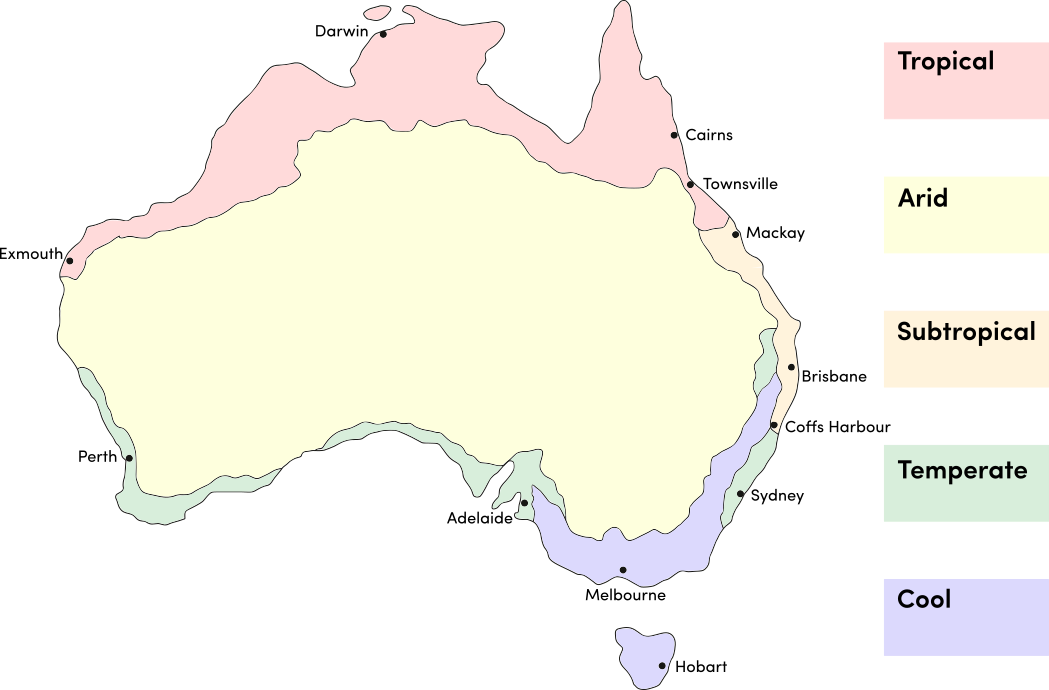How to Grow Mustard Sprouts
Family: Brassicaceae
Binomial name: Brassica juncea
| Best Method | Sprouting Jar |
| Quantity of seed to use for a 500ml jar: | 1.5 tbsp (approx 30ml / 15g) |
| Soaking time: | 8 hours |
| Germination temperature: | 18-29°C |
| Days to harvest: | 4-6 days |
How to Grow Mustard Sprouts
Mustard seeds can be sprouted indoors at any time of year.
Grow sprouts in a position away from direct sunlight. Growing the sprouts in the dark will produce sweeter shoots than growing them in a brightly lit position.
- Rinse 1.5 table spoons (approx 30ml / 15g) of seed in a sieve and remove any noticeably damaged or discoloured seeds.
- Add the seed to a sprouting jar or 500ml glass jar and cover with lukewarm water.
- Attach the lid of the sprouting jar, or cover the glass jar with cheesecloth and secure it with the rubber band.
- Soak the seeds for 8 hours, then tip the jar upside down and drain the excess water. Rinse and drain again.
- Place the jar on its side in a dark, warm place; putting the jar in a shallow bowl with the open end in the bowl can help catch excess water as it drains. Seeds germinate best at temperatures of 18-29°C.
- Rinse and drain the seeds 2-3 times a day until the shoots have emerged and grown to the desired length.
How to Harvest Sprouts
Mustard sprouts should be ready to harvest in approximately 4-6 days.
Just before harvesting the sprouts, expose them to sunlight for a few hours until the shoots turn green. This step is essential to improve the nutritional benefit of the sprouts.
Before eating the sprouts, give them a final rinse and drain them thoroughly. Take the sprouts from the jar, discard any unsprouted seeds, and leave sprouts to dry on kitchen paper. Drying the sprouts improves their storage time.
Mustard sprouts are best eaten soon after they are harvested. Sprouts can be stored short term in a sealed container in the refrigerator. Discard immediately if there are any signs of mould or an unpleasant smell. Ideally, grow small batches at staggered intervals so sprouts can be eaten at their freshest.
Common Problems When Growing Sprouts
As with all plants, problems sometimes occur when growing sprouts. Below is a list of the most common problems encountered when sprouting seeds:
- Seeds not sprouting may be caused by having too much or too little water in the jar, overfilling the jar, or seeds having been stored incorrectly prior to use. Use the recommended quantity of seeds and rinse and drain seeds as directed then place the jar on its side so some water is retained; store sprouting seeds in a cool, dry place.
- Smelly or mouldy seeds may be caused by not rinsing the sprouts often enough, high temperatures or mould spores being introduced through using dirty equipment or water. Rinse seeds thoroughly at least twice a day and do not expose jars to temperatures above 30°C. Use thoroughly clean jars and lids; for best results use filtered water to rinse seeds.
- Chewy or bitter tasting sprouts may be caused by exposing the sprouts to too much light while they were growing or leaving sprouts too long before harvesting them. Sprouts can be grown in the dark and only exposed to sunlight for a short while when they are ready to harvest; harvest sprouts when they are small and crisp.

